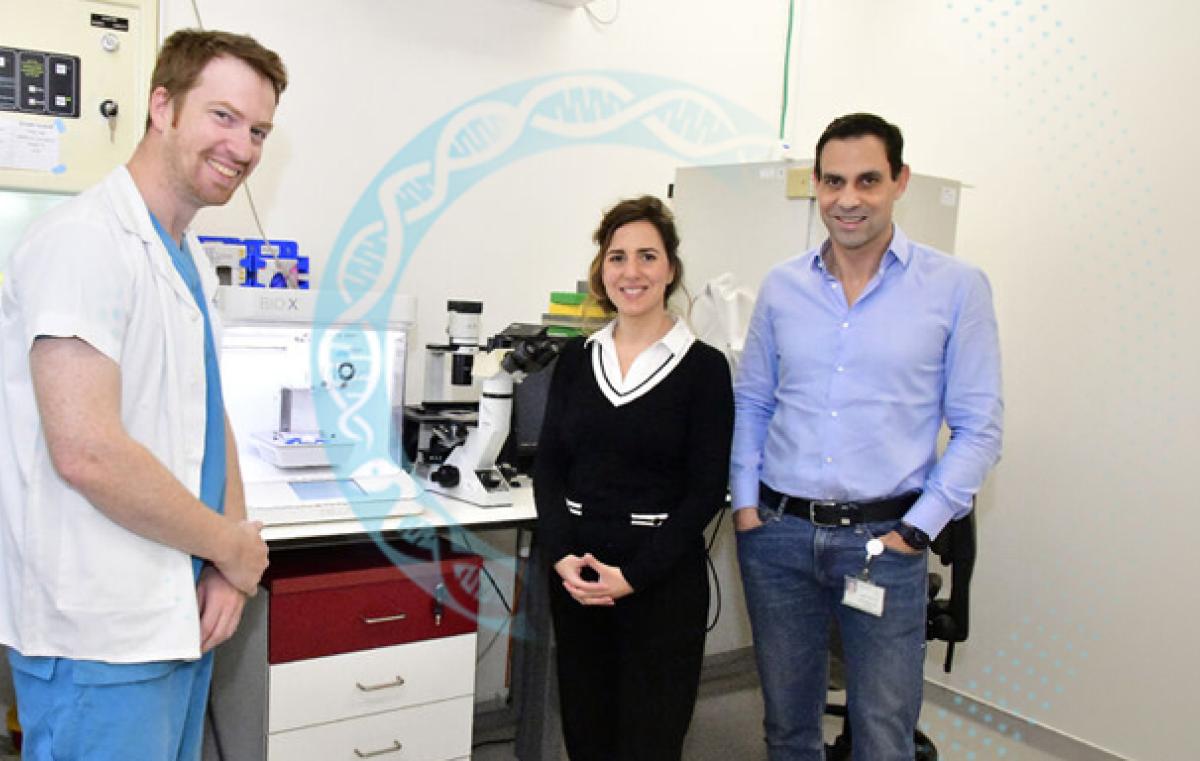Research Grant for Restoring Tissues with 3D Printing
Dr. Moran Yadid of the BIU Azrieli Faculty of Medicine won a prestigious research grant from the Ministry of Innovation, Science and Technology for using 3D bioprinting to restore soft tissues

Dr. Moran Yadid, a researcher and senior lecturer at the Bar-Ilan University Azrieli Faculty of Medicine won an award, together with her colleagues, for a prestigious research grant from the Ministry of Innovation, Science and Technology. The grant will support a study that will harness 3D biological printing to restore soft tissues in the mouth cavity, for head and neck cancer patients undergoing rehabilitation. It is a fruit of the collaboration between researchers from the Galilee Medical Center and the Bar-Ilan University Azrieli Faculty of Medicine.
"The research deals with restoring soft and mucosal tissues in the oral cavity, with the aim of providing a response to patients who have undergone complete or partial excision of these tissues due to cancerous tumors or severe trauma in the facial area," explain Dr. Yadid, Head of the Laboratory for Bioengineering and Regenerative Medicine at the Galilee Medical Center and Prof. Samer Srouji DMD, PhD, a joint winner of the award. "Today, the accepted solution is harvesting tissues from the leg or hand and transplanting it in place of the damaged or removed part, as fillers. This solution is far from ideal and involves creating a tissue defect in the body to bring about only partial restoration of another defect."
The 750,000 NIS research budget will enable combining 3D bioprinting technology, together with advanced imaging of soft tissues, to reproduce the unique structure of the muscles and mucosal membranes in the oral cavity. "In order to rebuild these tissues, we will combine advanced biological materials together with cells produced from the patient, in 3D bioprinting processes. This will assist in the recovery and biological and structural adaptation of the engineered tissues in the best way for the patient," explained the researchers.
The grant joins other research grants Dr. Yadid received from the Ministry of Innovation, Science and Technology and the National Science Foundation, which focus among other things, on the use of “heart-on-a-chip” technology to treat amyloidosis, and in the study of diabetes.